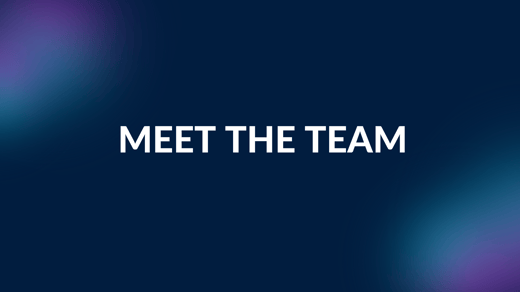Cambridge continues to be one of the UK’s leading tech clusters with one of the highest counts of tech vacancies in the UK and some of the highest average salaries in the country.
According to data by job search engine Adzuna and Tech Nation, the UK network for ambitious tech entrepreneurs, 26% of available jobs in the region are tech roles, with only Belfast matching this demand in number.
For potential employees looking to work for some of the area’s world-class tech companies, the remuneration is particularly high. The median salary for digital tech roles within the UK is £39,000 but the average advertised salary for open IT positions in Cambridge is £51,225. In contrast, the average salary in the university city is £42,125.
The figures on Cambridge’s tech sector are published as Tech Nation and the Digital Economy Council host a digital event today (3 November) as part of a national series of roundtable discussions. Hosted by Saul Klein, founding partner of LocalGlobe, the lunchtime discussion will bring together tech founders, leading executives, policy makers, and investors in Cambridge to discuss the challenges posed by the current crisis.
The learnings will be fed back to the DCMS (Department for Digital, Culture, Media and Sport).
Fast-growing companies in the region need data scientists in particular, with 107 vacancies across companies including Amazon, Microsoft, Premier IT and AstraZeneca. Data scientists are also some of the most highly-paid in Cambridge, with an average salary of £58,759, an increase of 32.7% from 2019. This reflects the wider landscape across tech clusters in the UK, with data being one of the most-sought after skills by employees across the country.
These healthy figures demonstrate the strength of the tech sector in Cambridge. With 86 startups and scaleups calling the region home, VC investment reached $612.9m in 2019, up from $466.2m the year before.
The University of Cambridge alone has helped to produce more European companies and founders than any other UK university, including four European unicorns and seven semi-unicorn companies. While the successes of cyber security startup Darktrace, WorldPay and Cambridge Silicon Radio are well-known thanks to their billion-dollar valuations, all eyes are on the city’s potential unicorns, including a growing number of biotech and pharmaceutical companies, such as Artios Pharma, Inivata, Crescendo Biologics, and rare disease drug discovery platform Healx.
Read the full article on Cambridge Network.



